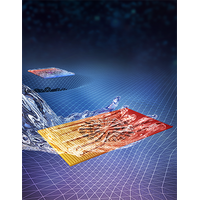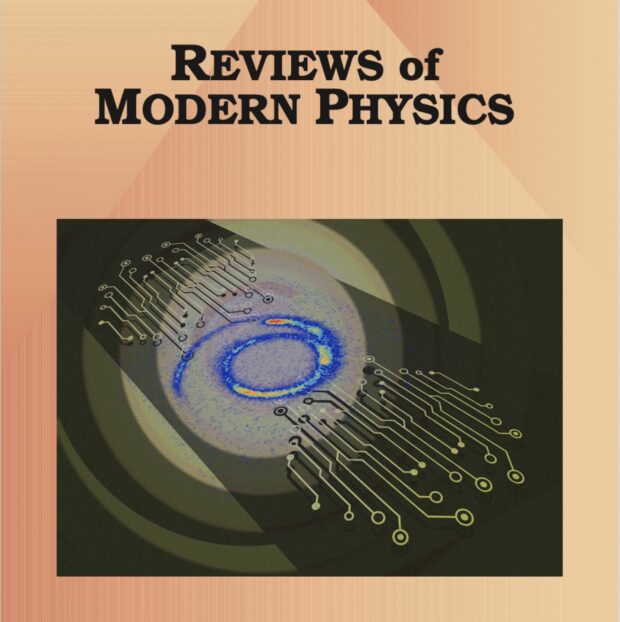Controlling mass and energy diffusion with metamaterials
IF 44.8
1区 物理与天体物理
Q1 PHYSICS, MULTIDISCIPLINARY
引用次数: 0
Abstract
Diffusion driven by temperature or concentration gradients is a fundamental mechanism of energy and mass transport that inherently differs from wave propagation in both physical foundations and application prospects. Compared with conventional schemes, metamaterials provide an unprecedented potential for governing diffusion processes, based on emerging theories like the transformation and the scattering-cancellation theory that expanded the original concepts and suggested innovative metamaterial-based devices. The term diffusionics is used in the review to generalize these noteworthy achievements in various energy and mass diffusion systems. Examples include heat diffusion systems and particle and plasma diffusion systems. For clarity the numerous studies published over the past decade are categorized by diffusion field (i.e., heat, particles, and plasmas) and discussed from three different perspectives: the theoretical perspective, to detail how the transformation principle is applied to each diffusion field; the application perspective, to introduce various interesting metamaterial-based devices, such as cloaks and radiative coolers; and the physics perspective, to connect them with concepts of recent concern, such as non-Hermitian topology, nonreciprocal transport, and spatiotemporal modulation. The possibility of controlling diffusion processes beyond metamaterials is also discussed. Finally, several future directions for diffusion metamaterial research, including the integration of metamaterials with artificial intelligence and topology concepts, are examined.

利用超材料控制质量和能量扩散
由温度或浓度梯度驱动的扩散是能量和质量传输的基本机制,在物理基础和应用前景上都与波的传播有着本质区别。与传统方案相比,超材料为治理扩散过程提供了前所未有的潜力,其基础是新兴理论,如转换和散射抵消理论,这些理论扩展了原始概念,并提出了基于超材料的创新设备。综述中使用的术语 "扩散学 "是对各种能量和质量扩散系统中这些值得注意的成就的概括。例如,热扩散系统以及粒子和等离子体扩散系统。为了清晰起见,我们将过去十年中发表的大量研究按扩散领域(即热、粒子和等离子体)进行分类,并从三个不同的角度进行讨论:理论角度,详细介绍如何将变换原理应用于各个扩散领域;应用角度,介绍各种有趣的基于超材料的设备,如隐形衣和辐射冷却器;物理学角度,将它们与最近关注的概念联系起来,如非赫米特拓扑学、非互惠传输和时空调制。此外,还讨论了在超材料之外控制扩散过程的可能性。最后,还探讨了扩散超材料研究的几个未来方向,包括将超材料与人工智能和拓扑学概念相结合。
本文章由计算机程序翻译,如有差异,请以英文原文为准。
求助全文
约1分钟内获得全文
求助全文
来源期刊

Reviews of Modern Physics
物理-物理:综合
CiteScore
76.20
自引率
0.70%
发文量
30
期刊介绍:
Reviews of Modern Physics (RMP) stands as the world's foremost physics review journal and is the most extensively cited publication within the Physical Review collection. Authored by leading international researchers, RMP's comprehensive essays offer exceptional coverage of a topic, providing context and background for contemporary research trends. Since 1929, RMP has served as an unparalleled platform for authoritative review papers across all physics domains. The journal publishes two types of essays: Reviews and Colloquia. Review articles deliver the present state of a given topic, including historical context, a critical synthesis of research progress, and a summary of potential future developments.
 求助内容:
求助内容: 应助结果提醒方式:
应助结果提醒方式:


